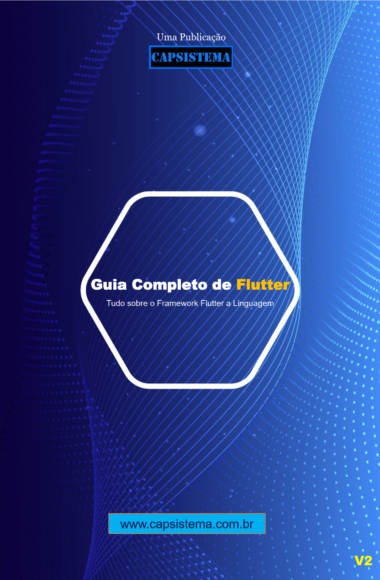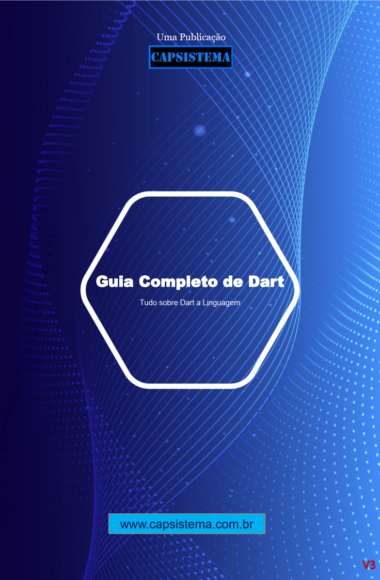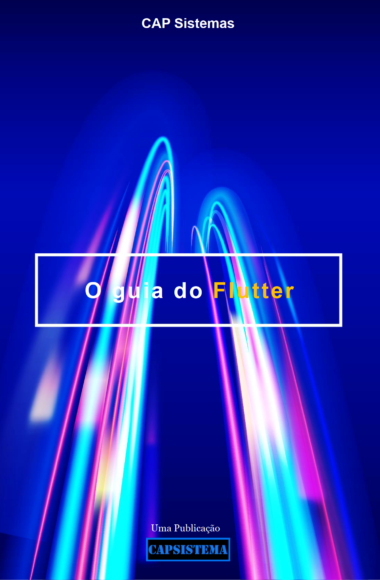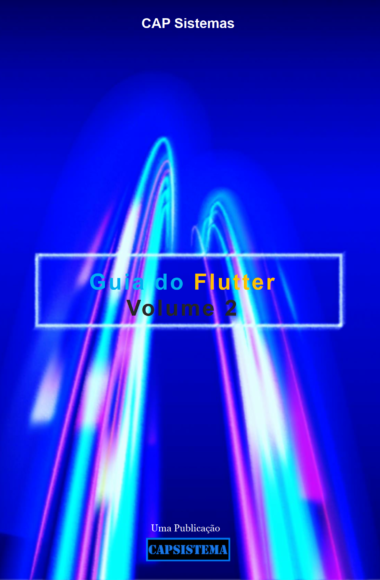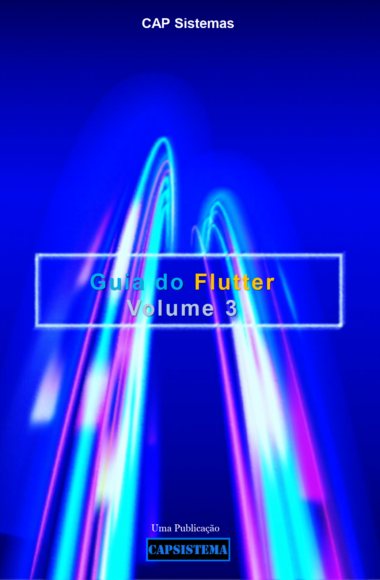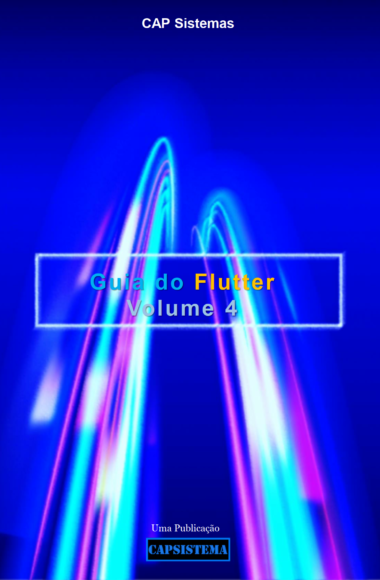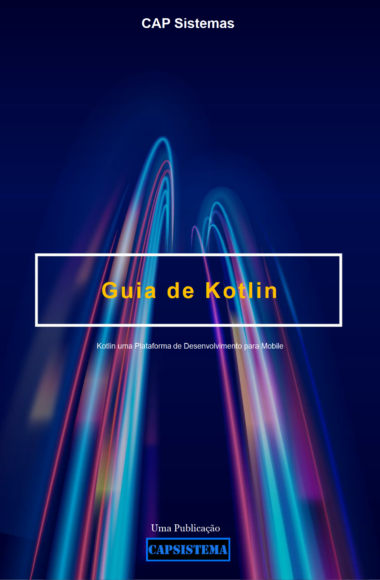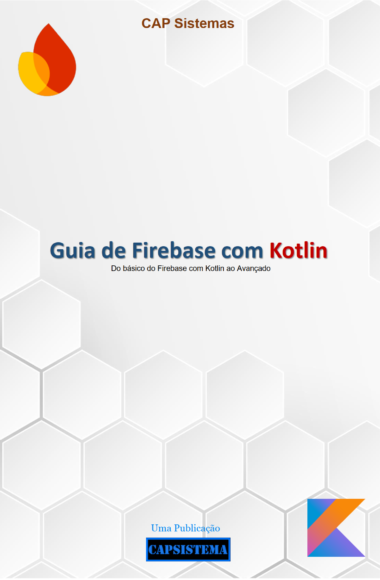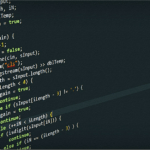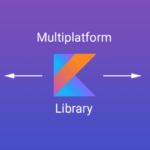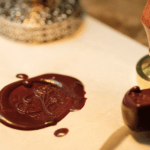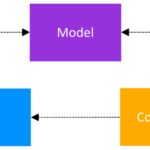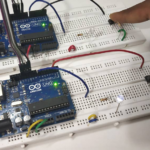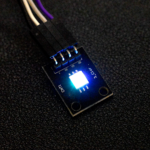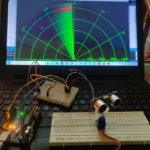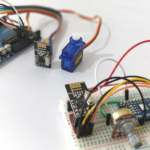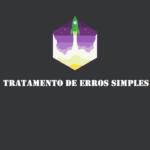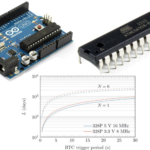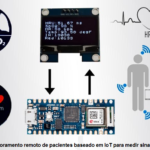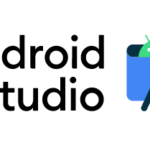Relógio em tempo real com PIC16F877A, SSD1306 OLED e DS1307
Este post mostra como construir um relógio em tempo real usando o microcontrolador PIC16F877A e o chip DS1307 RTC onde a hora e a data são exibidas em um display OLED com controlador SSD1306 (128×64 Pixel). Com a ajuda de uma bateria de célula tipo moeda de 3V, o DS1307 mantém o tempo funcionando mesmo se a fonte de alimentação principal for cortada. O compilador utilizado neste projeto é o CCS PIC C, diagrama de circuito de hardware e simulação Proteus estão abaixo.
O SSD1306 OLED usado neste projeto está configurado para funcionar em modo I2C, algumas placas SSD1306 OLED podem exigir pequenas modificações de hardware (para selecionar entre modo SPI ou modo I2C) como solda, colocação de jumpers…
Para simplificar o circuito do projeto, o display SSD1306 e o chip DS1307 RTC compartilham o mesmo barramento I2C, sempre o microcontrolador PIC16F877A fala com um dispositivo apenas porque seus endereços escravos I2C são diferentes.
Hardware Necessário:
- Microcontrolador PIC16F877A
- Tela OLED SSD1306 (128×64 Pixel)
- DS1307 RTC — folha de dados
- oscilador de cristal de 32,768 KHz
- oscilador de cristal de 8 MHz
- 2 x capacitor cerâmico de 22pF
- 3 x resistor de 10k ohms
- 2 x botão de pressão
- bateria de célula tipo moeda 3V
- fonte de alimentação 5V
- Protoboard
- Fios de ligação
O circuito:
A imagem a seguir mostra o diagrama de circuito do projeto.

(Todos os terminais aterrados são conectados juntos)
Os dois botões B1 e B2 servem para ajustar a hora e a data. O botão B1 está conectado ao pino RB0 (#33) e o B2 está conectado ao pino RB1 (#34). Os pull-ups internos para pinos PORTB estão habilitados no código.
Neste projeto o microcontrolador PIC16F877A roda com oscilador de cristal de 8MHz.
O código:
O código C abaixo é para o compilador CCS C, foi testado com a versão 5.051.
Para poder compilar o código C abaixo sem erros, é necessário um driver para o display OLED SSD1306, seu nome é SSD1306.C, seu link de download está abaixo:
Driver de exibição OLED SSD1306
após o download, adicione o arquivo de driver à pasta do projeto ou pasta de drivers do compilador CCS C.
O DS1307 RTC e o display OLED SSD1306 compartilham o mesmo barramento I2C, o endereço DS1307 I2C é 0xD0 e o endereço I2C do display SSD1306 é 0x7A.
Código CCS C:
/**************************************************************************************
Real time clock/calendar using PIC16F877A microcontroller, SSD1306 OLED display
(128x64 Pixel) and DS1307 RTC chip.
C Code for CCS C compiler
Crystal oscillator used @ 8MHz
***************************************************************************************/
// SSD1306 OLED reset pin definition
#define SSD1306_RST PIN_D4
#define button1 PIN_B0 // Button B1 is connected to RB0 pin
#define button2 PIN_B1 // Button B2 is connected to RB1 pin
#include <16F877A.h>
#fuses HS, NOWDT, NOPROTECT, NOLVP
#use delay(clock = 8MHz)
#use fast_io(B)
#use I2C(MASTER, I2C1, FAST = 100000, stream = SSD1306_STREAM) // initialize I2C
// include SSD1306 OLED driver source code
#include <SSD1306.c>
// Variables declaration
char Time[] = " : : ";
char Date[] = " / /20 ";
int8 i, second, minute, hour, w_day, day, month, year;
// Function for display day of the week
void display_day() {
SSD1306_GotoXY(7, 1);
switch(w_day){
case 1: SSD1306_PutC(" SUNDAY "); break;
case 2: SSD1306_PutC(" MONDAY "); break;
case 3: SSD1306_PutC(" TUESDAY "); break;
case 4: SSD1306_PutC("WEDNESDAY"); break;
case 5: SSD1306_PutC("THURSDAY "); break;
case 6: SSD1306_PutC(" FRIDAY "); break;
default: SSD1306_PutC("SATURDAY ");
}
}
void DS1307_display() {
// Convert BCD to decimal
second = (second >> 4) * 10 + (second & 0x0F);
minute = (minute >> 4) * 10 + (minute & 0x0F);
hour = (hour >> 4) * 10 + (hour & 0x0F);
day = (day >> 4) * 10 + (day & 0x0F);
month = (month >> 4) * 10 + (month & 0x0F);
year = (year >> 4) * 10 + (year & 0x0F);
// End conversion
Time[7] = second % 10 + '0';
Time[6] = second / 10 + '0';
Time[4] = minute % 10 + '0';
Time[3] = minute / 10 + '0';
Time[1] = hour % 10 + '0';
Time[0] = hour / 10 + '0';
Date[9] = year % 10 + '0';
Date[8] = year / 10 + '0';
Date[4] = month % 10 + '0';
Date[3] = month / 10 + '0';
Date[1] = day % 10 + '0';
Date[0] = day / 10 + '0';
SSD1306_GotoXY(6, 3);
printf(SSD1306_PutC, Date); // Print date
SSD1306_GotoXY(7, 8);
printf(SSD1306_PutC, Time,); // Print time
}
void blink_parameter() {
int8 j = 0;
while(j < 10 && input(button1) && input(button2)) {
j++;
delay_ms(25);
}
}
int8 edit(int8 x_pos, int8 y_pos, int8 parameter) {
delay_ms(50);
while(!input(button1)); // Wait for button B1 release
while(true){
while(!input(button2)) { // If button B2 is pressed
parameter++;
if(i == 0 && parameter > 31) // If date > 31 ==> date = 1
parameter = 1;
if(i == 1 && parameter > 12) // If month > 12 ==> month = 1
parameter = 1;
if(i == 2 && parameter > 99) // If year > 99 ==> year = 0
parameter = 0;
if(i == 3 && parameter > 23) // If hours > 23 ==> hours = 0
parameter = 0;
if(i == 4 && parameter > 59) // If minutes > 59 ==> minutes = 0
parameter = 0;
SSD1306_GotoXY(x_pos, y_pos);
printf(SSD1306_PutC, "%02u", parameter);
delay_ms(200); // Wait 200ms
}
SSD1306_GotoXY(x_pos, y_pos);
SSD1306_PutC(" ");
blink_parameter();
SSD1306_GotoXY(x_pos, y_pos);
printf(SSD1306_PutC, "%02u", parameter);
blink_parameter();
if(!input(button1)){ // If button B1 is pressed
i++; // Increament 'i' for the next parameter
return parameter; // Return parameter value and exit
}
}
}
// main function
void main(void) {
port_b_pullups(TRUE); // Enable PORTB internal weak pull-ups
delay_ms(1000);
// Initialize the SSD1306 OLED with an I2C addr = 0x7A (default address)
SSD1306_Init(SSD1306_SWITCHCAPVCC, SSD1306_I2C_ADDRESS);
// clear the whole display
SSD1306_ClearDisplay();
SSD1306_GotoXY(9, 6);
SSD1306_PutC("TIME:");
while (TRUE) {
if(!input(button1)) { // If button B1 is pressed
i = 0;
delay_ms(50);
while(!input(button1)); // Wait for button B1 release
while(TRUE) {
while(!input(button2)) { // While button B2 pressed
w_day++; // Increment w_day
if(w_day > 7) w_day = 1;
display_day(); // Call display_day function
delay_ms(200); // Wait 200 ms
}
SSD1306_GotoXY(7, 1);
SSD1306_PutC(" ");
blink_parameter(); // Call blink_parameter function
display_day(); // Call display_day function
blink_parameter(); // Call blink_parameter function
if(!input(button1)) // If button B1 is pressed
break;
}
day = edit(6, 3, day); // Edit date
month = edit(9, 3, month); // Edit month
year = edit(14, 3, year); // Edit year
hour = edit(7, 8, hour); // Edit hours
minute = edit(10, 8, minute); // Edit minutes
// Convert decimal to BCD
minute = ((minute / 10) << 4) + (minute % 10);
hour = ((hour / 10) << 4) + (hour % 10);
day = ((day / 10) << 4) + (day % 10);
month = ((month / 10) << 4) + (month % 10);
year = ((year / 10) << 4) + (year % 10);
// End conversion
// Write data to DS1307 RTC
i2c_start(SSD1306_STREAM); // Start I2C
i2c_write(SSD1306_STREAM, 0xD0); // DS1307 address
i2c_write(SSD1306_STREAM, 0); // Send register address
i2c_write(SSD1306_STREAM, 0); // Reset sesonds and start oscillator
i2c_write(SSD1306_STREAM, minute); // Write minute value to DS1307
i2c_write(SSD1306_STREAM, hour); // Write hour value to DS1307
i2c_write(SSD1306_STREAM, w_day); // Write day of week value to DS1307
i2c_write(SSD1306_STREAM, day); // Write day value to DS1307
i2c_write(SSD1306_STREAM, month); // Write month value to DS1307
i2c_write(SSD1306_STREAM, year); // Write year value to DS1307
i2c_stop(SSD1306_STREAM); // Stop I2C
delay_ms(200); // Wait 200ms
}
// Read current time and date
i2c_start(SSD1306_STREAM); // Start I2C
i2c_write(SSD1306_STREAM, 0xD0); // DS1307 address
i2c_write(SSD1306_STREAM, 0); // Send register address
i2c_start(SSD1306_STREAM); // Restart I2C
i2c_write(SSD1306_STREAM, 0xD1); // Initialize data read
second = i2c_read(SSD1306_STREAM, 1); // Read seconds from register 0
minute = i2c_read(SSD1306_STREAM, 1); // Read minuts from register 1
hour = i2c_read(SSD1306_STREAM, 1); // Read hour from register 2
w_day = i2c_read(SSD1306_STREAM, 1); // Read day of week from register 3
day = i2c_read(SSD1306_STREAM, 1); // Read day from register 4
month = i2c_read(SSD1306_STREAM, 1); // Read month from register 5
year = i2c_read(SSD1306_STREAM, 0); // Read year from register 6
i2c_stop(SSD1306_STREAM); // Stop I2C
display_day(); // Display day of the week
DS1307_display(); // Diaplay time & Date
delay_ms(50); // Wait 50ms
}
}
// End of code.Simulação PIC16F877A + SSD1306 OLED + DS1307 RTC Proteus:
O vídeo abaixo mostra a simulação do projeto com o Proteus ISIS. Observe que o circuito de simulação não é o mesmo que o circuito de hardware real, o circuito de hardware do projeto é mostrado acima.
Download do arquivo de simulação Proteus (para versão 8.6 e superior):
PIC16F877A + SSD1306 OLED + DS1307

